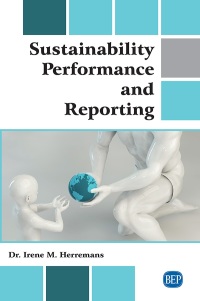Question
b) [2 marks] The risk-free rate in the economy is 5%. A mutual fund manager approaches you with an investment that they say is risk-free
b) [2 marks] The risk-free rate in the economy is 5%. A mutual fund manager approaches you with an investment that they say is risk-free and will earn an 8% annual return. Assuming that the markets are at the equilibrium, what do you think about this offer? Explain briefly. c) [9 marks] Consider the following scenarios and discuss them in the context of market efficiency. If relevant, include comments on which of the three forms of the efficient market hypothesis is violated (if any): i. You notice that the shares of stock ABC start every week by a price drop and their price increases toward the end of every week. ii. Stock BCD did really well in the last financial crisis. Indeed, you notice that whenever the market goes up this stock goes down and whenever the market goes down this stock goes up. iii. On Monday, December 6th it was announced that the CEO of company CDE would be stepping down, effective on Wednesday, December 8th. The stock had a big price drop two days later on the Wednesday that his resignation became effective. d) [4 marks] Explain the difference between total risk of an asset as measured by standard deviation, and market risk as measured by beta. Which risk measure is appropriate when deciding whether to invest in a stock? Which one is more appropriate when deciding whether to invest in a market fund?
Step by Step Solution
There are 3 Steps involved in it
Step: 1

Get Instant Access to Expert-Tailored Solutions
See step-by-step solutions with expert insights and AI powered tools for academic success
Step: 2

Step: 3

Ace Your Homework with AI
Get the answers you need in no time with our AI-driven, step-by-step assistance
Get Started


